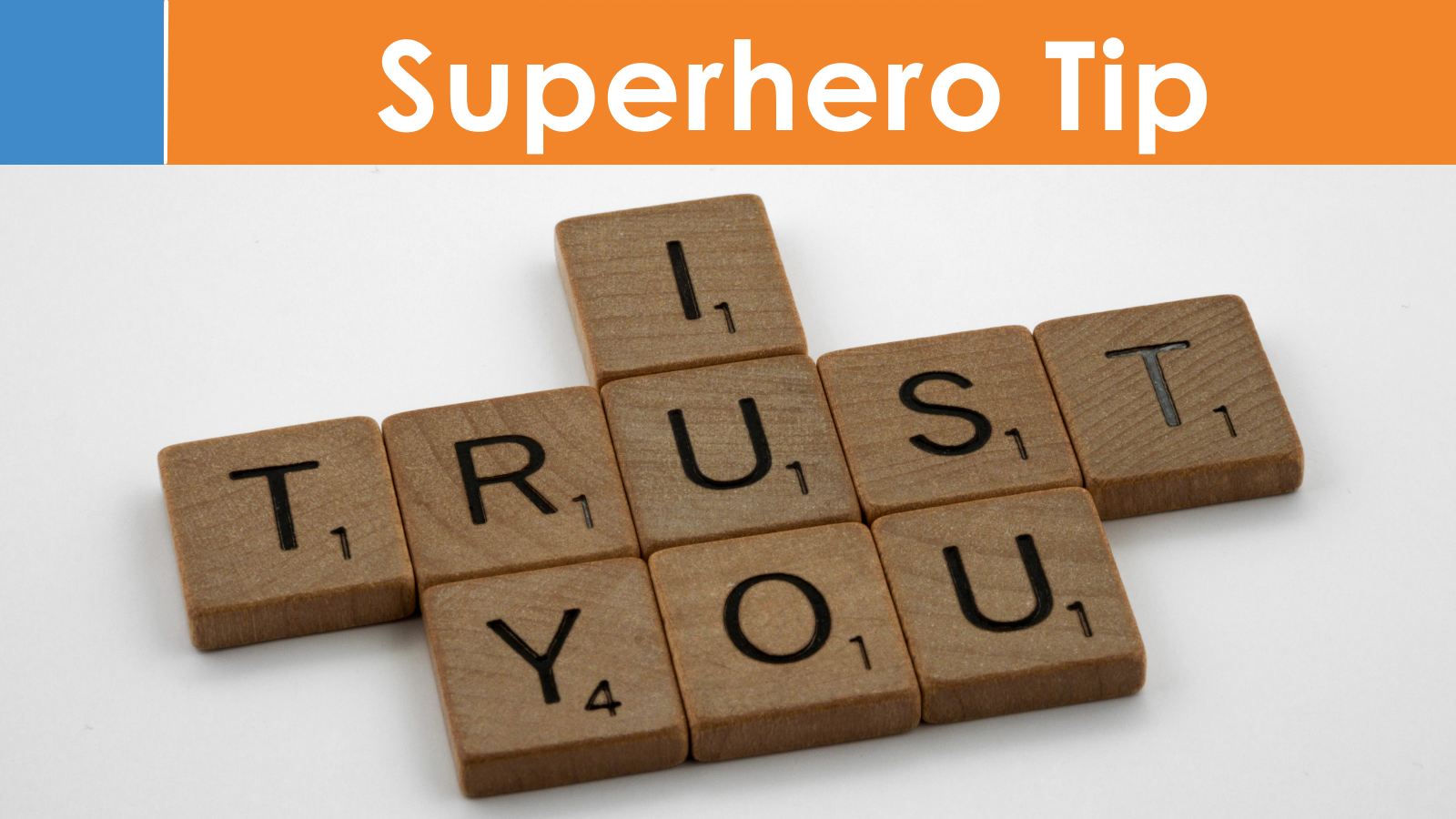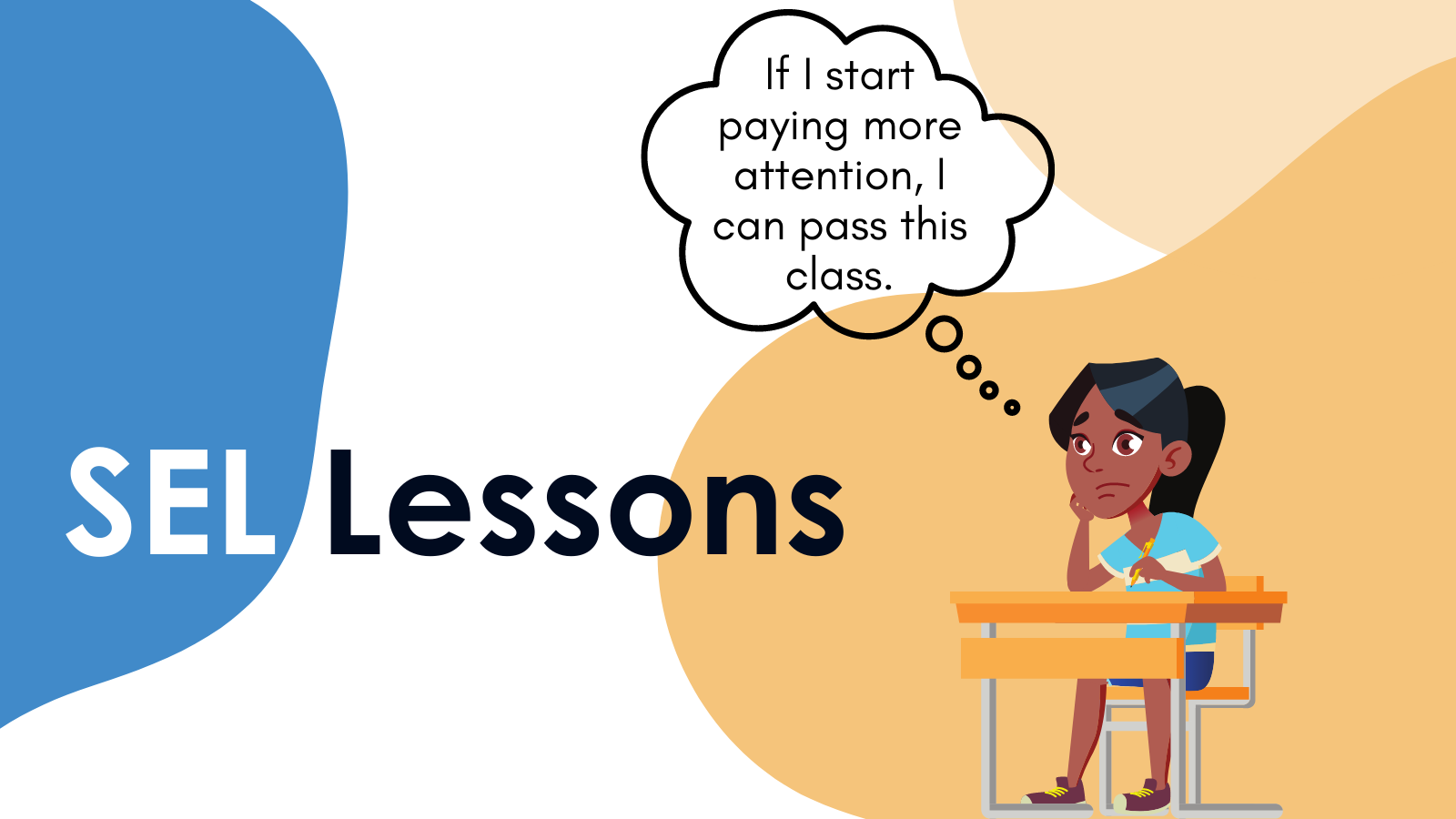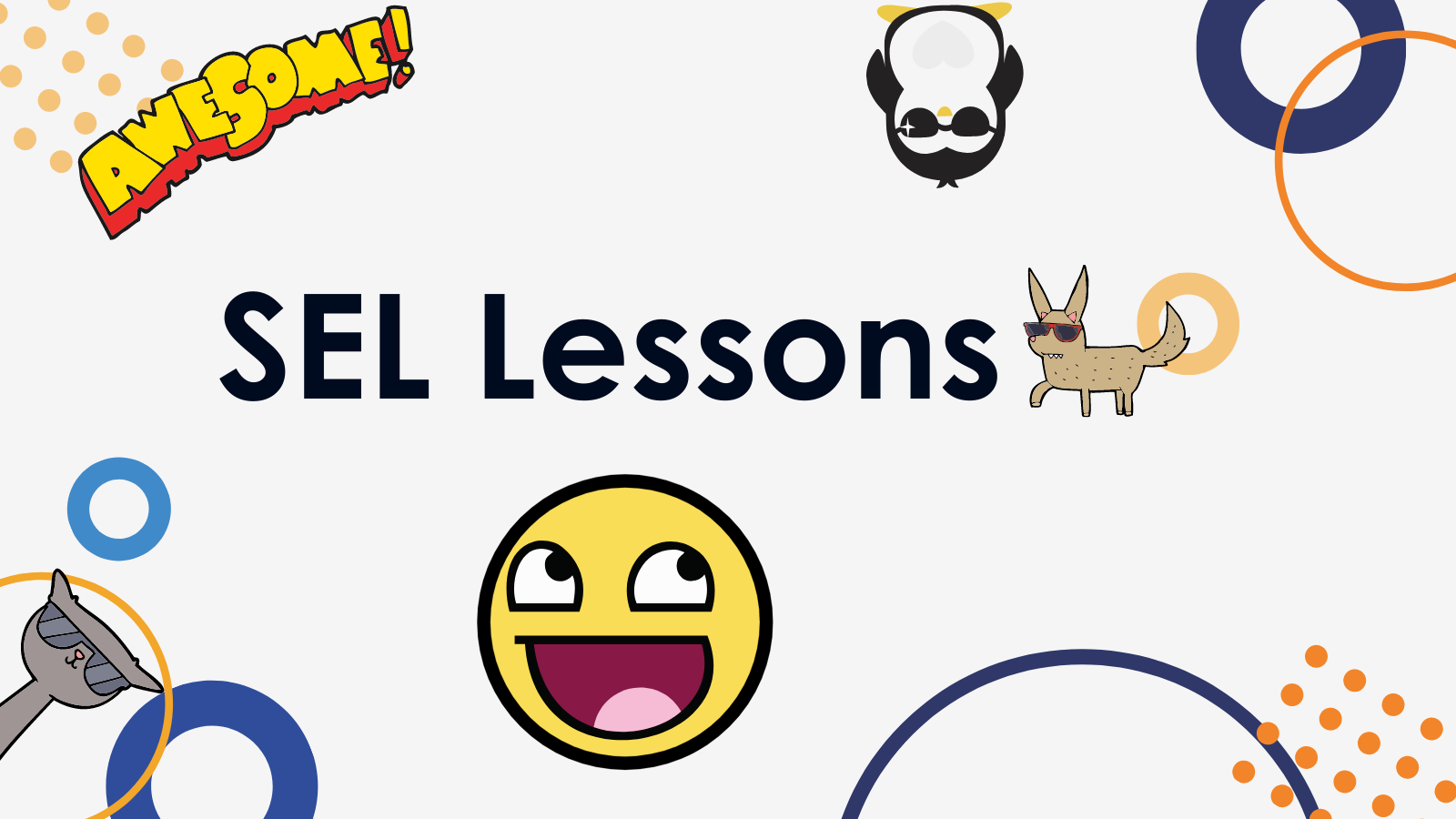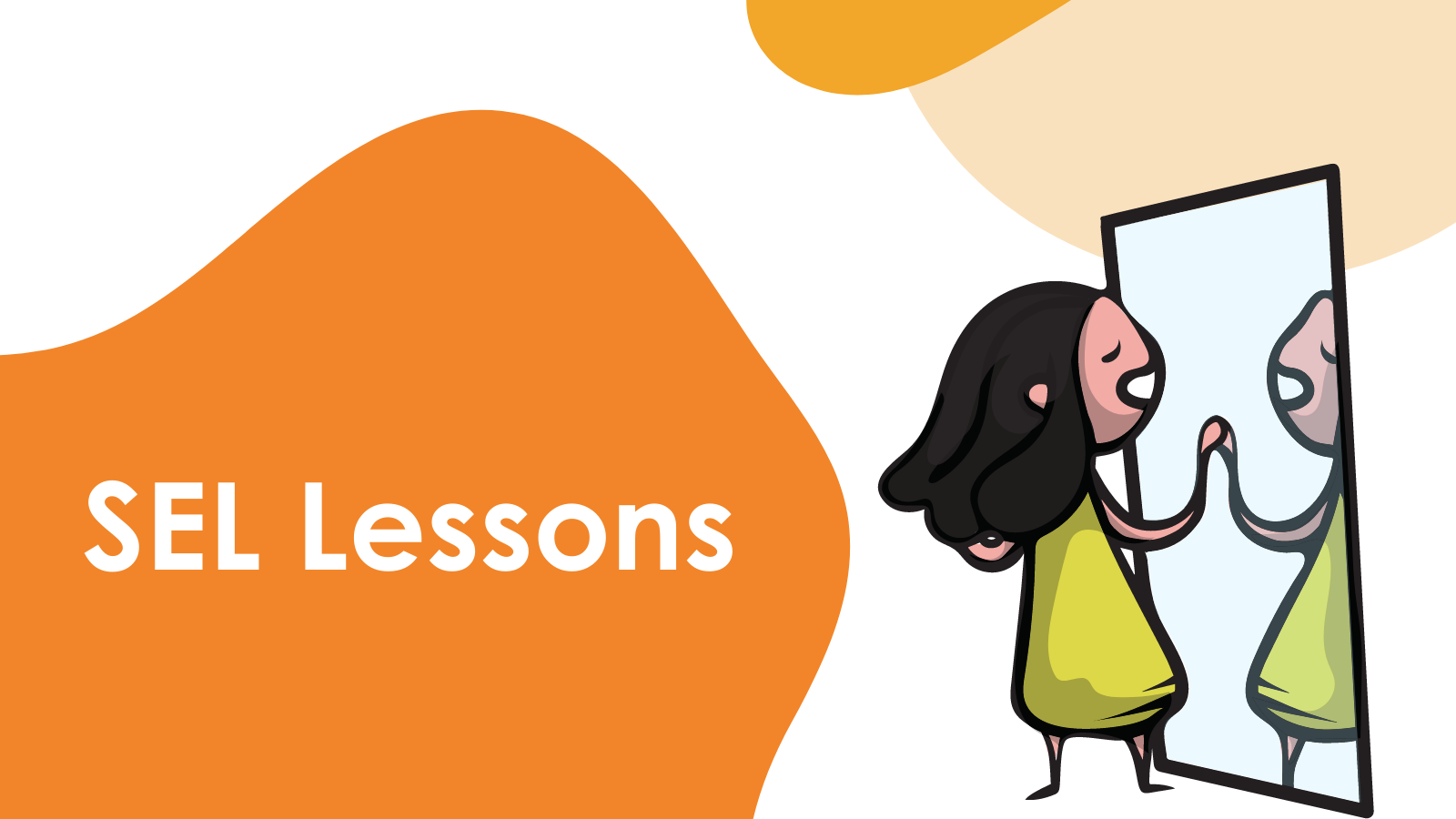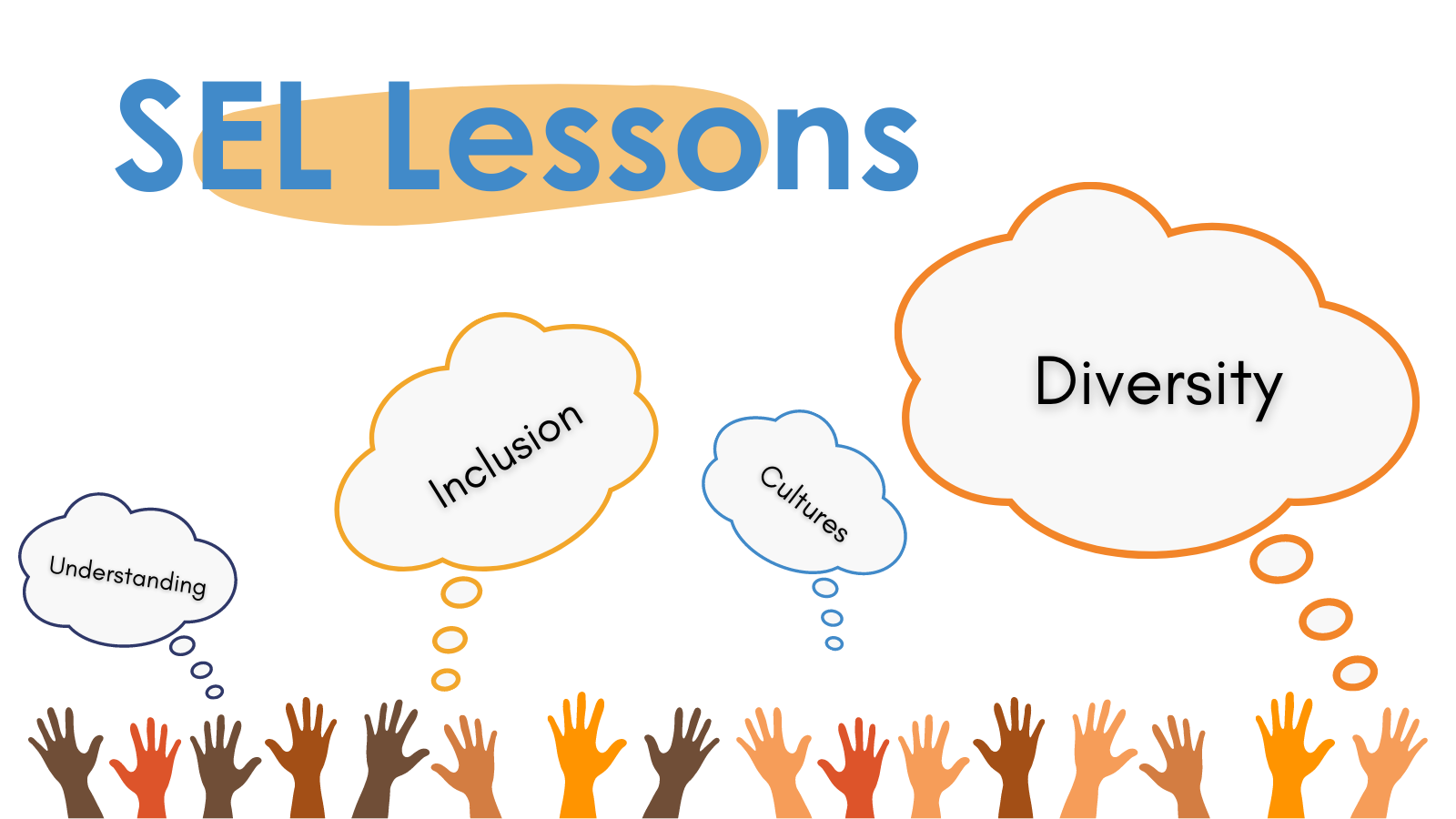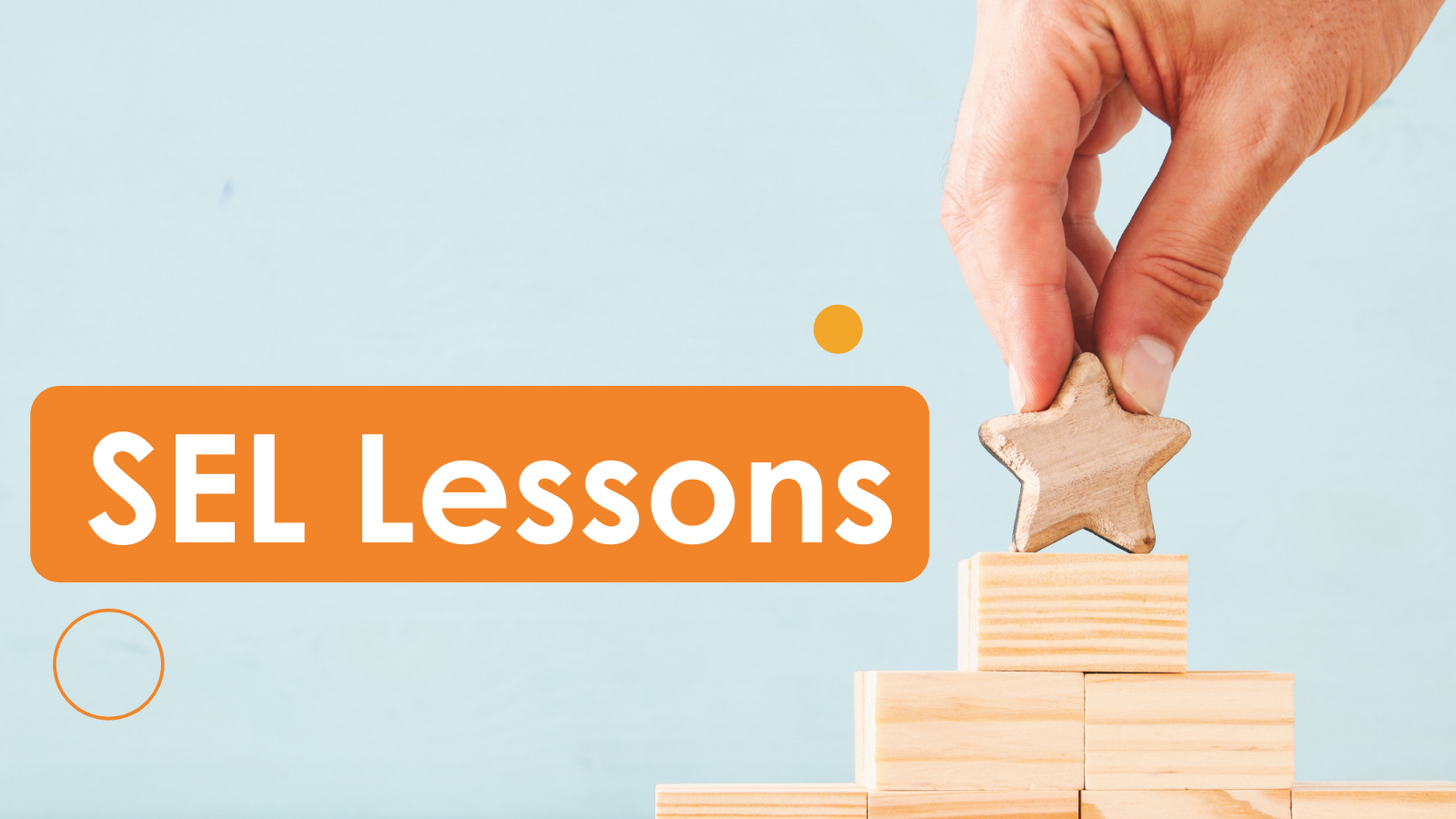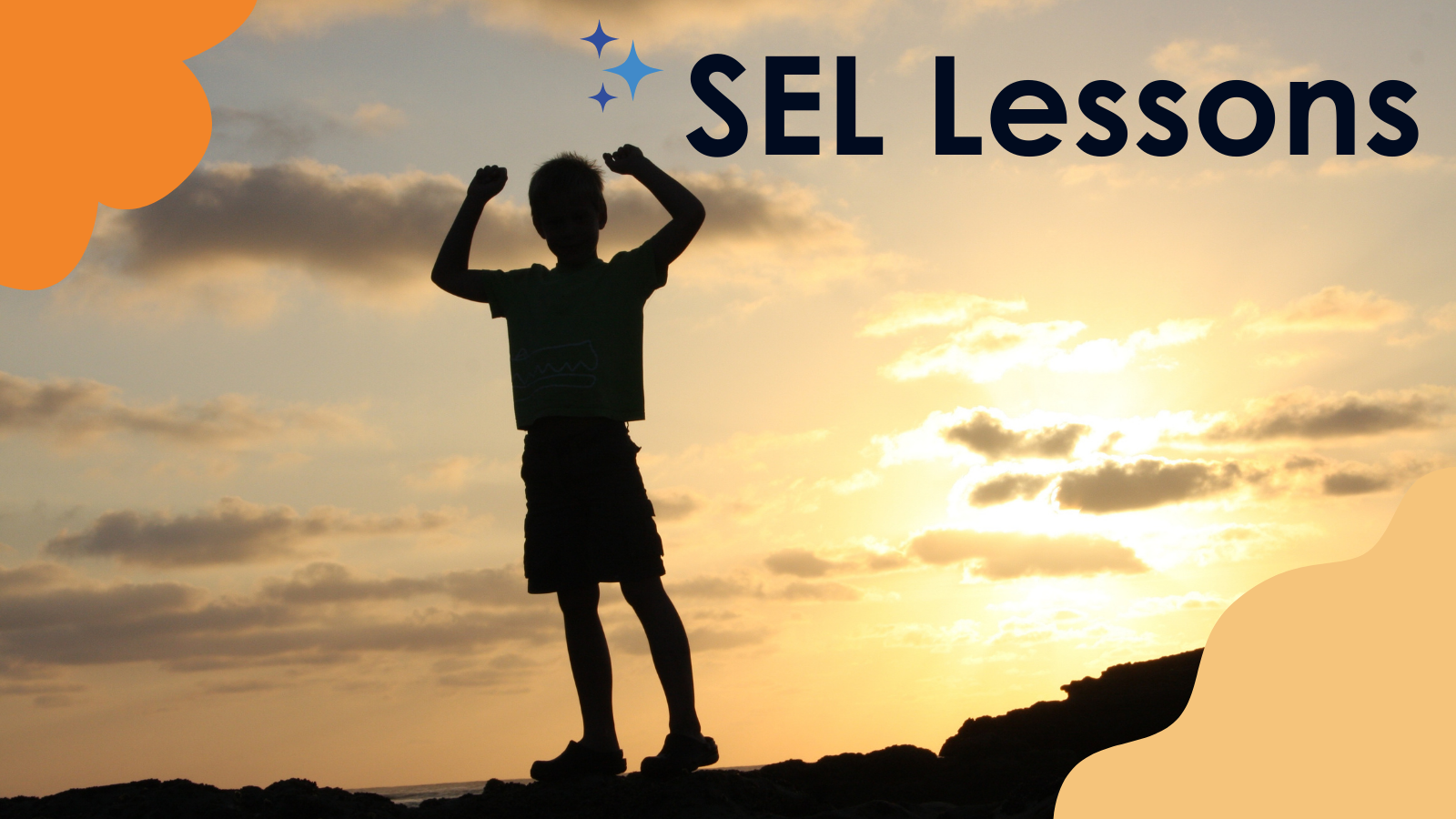Authentic Relationships and Trust
Tips from our C5 Intervention Program & C5 Summer Institute
With over ten years of consulting districts and school sites, Collaborative Learning Solutions has identified a core set of 5 components in our C5 (Core 5) Intervention Program. These components are vital when providing programming for students with intensive social, emotional, and behavioral needs. Authentic Relationship Development is our first and most important component of Core 5.

There are many ways to build authentic relationships with students, and one of the ways is trust. So first, what is trust? According to the APA Dictionary of Psychology, trust refers to the confidence that a person or group of people has in the reliability of another person or group (within an interpersonal relationship). Specifically, it is the degree to which each party feels that they can depend on the other party to do what they say they will do. And what that translates to is that the person "walks their talk."
Considering this definition, it's important to have some self-reflection on who you are and what you bring to the table as an educator. Ask yourself questions like:
- Who are the people that you trust the most?
- What qualities do your most trusted people possess?
- Which of these qualities do you possess or practice?
Then, when you think back to when you were a child in school, ask yourself:
- Who were your most trusted figures then? Were they parents, friends, teachers, or counselors?
- Why did you trust them?
After you have answered these questions, reflect on:
- What qualities all your trusted people possessed allowed you to feel that you could trust them.
- Qualities often identified as components of trust include respect, caring, integrity, and dependability. Did you identify any of these qualities in your reflection, or were there others? There are several positive qualities that make up the trust component.
Knowing what qualities you possess will help you in providing connection and guidance to your students and will strengthen you as an educator. Our tip for building trust is to conduct a periodic self-assessment related to your students' trust in you. If someone outside of the class was to ask your students if they trust you (both as an educator and as a person), what would they say?
This time with COVID has been challenging, and the uncertainty that remains as we've come into this school year in person feels scary and overwhelming at times. This makes the impact of trust that much more important. Our students need and deserve to feel safe in our classrooms, and that feeling of trust will allow just that- the feeling of safety.
The arch-nemesis to trust is apathy, or simply not caring, and not making an effort to connect with students, parents, or the school community. This arch-nemesis is especially dangerous at a time like this (during a pandemic). It's not because we've stopped caring, but because we're exhausted. Between lesson plans, ever-changing personal and professional expectations, general busy lives, and the uncertainty of what's to come, we feel our caring start to decline and our apathy begins to rise. If we can't care for ourselves, how can we care or make efforts for others, including our students?
Luckily, we have a weapon against this enemy, and it's called SELF-CARE! Now, self-care is not just bubble baths and hikes in the woods. Often, we don't have time for these practices. Sometimes, we just need to be more intentional about our time or re-evaluate our boundaries between home and work life. Incorporating some mindfulness or meditation in the classroom with students doesn't hurt either. Caring for ourselves is the first step in caring for others and building trust with our students.
If you want to continue to find ways of building trust with your students, there are resources available for additional strategies. They include:
- Going Back to Better Resource Guide
- Social and Emotional Learning (SEL) lesson on how trustworthiness strengthen relationships
- SEL lesson on mindfulness
- SEL lesson on mindfulness and resilience
- SEL lesson on mindfulness through body awareness
For more information on this, please contact us to see how we can support your school site and/or district.


